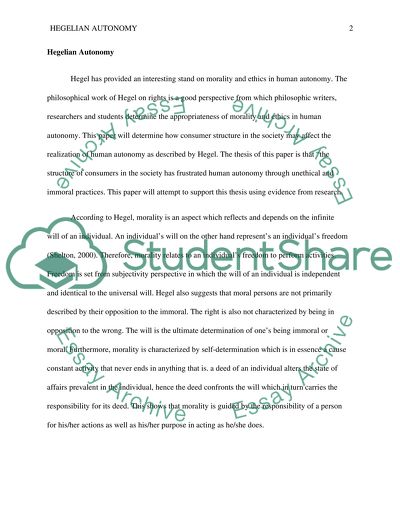Cite this document
(“Society of Spectacle/Hegel Research Paper Example | Topics and Well Written Essays - 1000 words”, n.d.)
Society of Spectacle/Hegel Research Paper Example | Topics and Well Written Essays - 1000 words. Retrieved from https://studentshare.org/philosophy/1464439-society-of-spectacle-hegel
Society of Spectacle/Hegel Research Paper Example | Topics and Well Written Essays - 1000 words. Retrieved from https://studentshare.org/philosophy/1464439-society-of-spectacle-hegel
(Society of Spectacle/Hegel Research Paper Example | Topics and Well Written Essays - 1000 Words)
Society of Spectacle/Hegel Research Paper Example | Topics and Well Written Essays - 1000 Words. https://studentshare.org/philosophy/1464439-society-of-spectacle-hegel.
Society of Spectacle/Hegel Research Paper Example | Topics and Well Written Essays - 1000 Words. https://studentshare.org/philosophy/1464439-society-of-spectacle-hegel.
“Society of Spectacle/Hegel Research Paper Example | Topics and Well Written Essays - 1000 Words”, n.d. https://studentshare.org/philosophy/1464439-society-of-spectacle-hegel.


